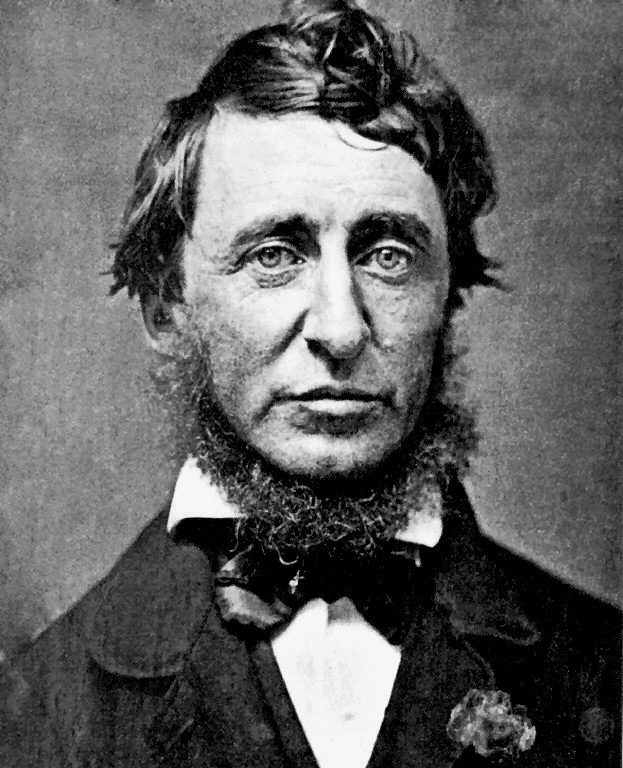Work, Passion, Mission

“There are nowadays professors of philosophy, but not philosophers…To be a philosopher is not merely to have subtle thoughts, nor even to found a school, but so to love wisdom as to live according to its dictates, a life of simplicity, independence, magnanimity, and trust. It is to solve some of the problems of life, not just theoretically, but practically.” – Henry David Thoreau, Walden
If we judge him by his own definition, Thoreau certainly can be considered one of America’s great philosophers. His writing reflects his own life. In part, this is why Thoreau’s ideas have inspired millions. I consider his essay Life Without Principle to be one of his best as it still speaks as clearly and loudly today as it did in 1863. Here he encourages everyone to transcend corporate existence and live fully with true passion and a real mission. Thoreau reminds us that focusing only on profit without regard for our own happiness or the health of our environment is a grievous error.
This is true productivity! I encourage you to read and then reflect on the message. I hope you enjoy these selections from Life Without Principle:
Let us consider the way in which we spend our lives.
This world is a place of business. What an infinite bustle! I am awaked almost every night by the panting of the locomotive. It interrupts my dreams. There is no Sabbath. It would be glorious to see mankind at leisure for once. It is nothing but work, work, work. I cannot easily buy a blank-book to write thoughts in; they are commonly ruled for dollars and cents. An Irishman, seeing me making a minute in the fields, took it for granted that I was calculating my wages. If a man was tossed out of a window when an infant, and so made a cripple for life…it is regretted chiefly because he was thus incapacitated for — business! I think that there is nothing, not even crime, more opposed to poetry, to philosophy, ay, to life itself, than this incessant business…
If a man walk in the woods for love of them half of each day, he is in danger of being regarded as a loafer; but if he spends his whole day as a speculator, shearing off those woods and making earth bald before her time, he is esteemed an industrious and enterprising citizen. As if a town had no interest in its forests but to cut them down!
Most men would feel insulted if it were proposed to employ them in throwing stones over a wall, and then in throwing them back, merely that they might earn their wages. But many are no more worthily employed now…
The ways by which you may get money almost without exception lead downward. To have done anything by which you earned money merely is to have been truly idle or worse. If the laborer gets no more than the wages which his employer pays him, he is cheated, he cheats himself…
The aim of the laborer should be, not to get his living, to get “a good job,” but to perform well a certain work; and, even in a pecuniary sense, it would be economy for a town to pay its laborers so well that they would not feel that they were working for low ends, as for a livelihood merely, but for scientific, or even moral ends. Do not hire a man who does your work for money, but him who does it for love of it.